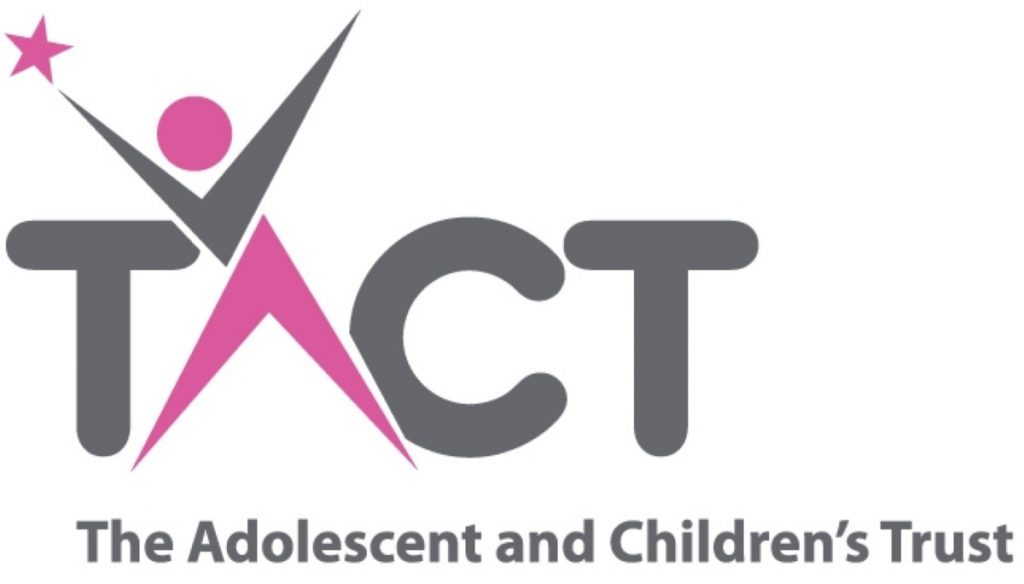Lorraine Pascale speaks with The Times about her work with TACT
It’s easy to like Lorraine Pascale. She has the sort of big, friendly smile that instantly makes you warm to her.
It’s a quality that is visible on TV, where her prime-time BBC show teaching us how to bake has been a hit – confounding the snipers who said that she was just another pretty face fronting a cookery vanity project.
Born to parents of Carribean origin, she was adopted at 18 months by a white couple from Oxfordshire. We meet at a time when interracial adoption, always a contentious subject, is very much in the news; the fashion in recent years has been to leave children in care if an adoptive
“racial” match cannot be found. Only this week that practice was called into question by Sir Nicholas Wall, the most senior judge in the family courts, who said that if a racial and cultural match couldn’t be found, the interests of a child might best be served by placing him or her in a family of a different religion or race rather than leaving them in care.
“He said that?” Pascale says. “Brilliant. Of course it’s important to honour the child’s ethnicity, but how can that be more important than having a secure base and people who love you? It’s beyond me. If he’s saying that race doesn’t matter at all, now that’s exciting. It’s foreign to me that this is even an issue. It’s a no-brainer. When you’re young you don’t even know what colour you are.”
Her mother “honoured” her ethnicity by taking her to evangelical Baptist churches to hear the singing, “and we read about stuff”, she adds vaguely. (She has known for years that her birth parents are alive and living in this country, but has no interest in finding them.) The issue of race, she argues, is important but ultimately less so than the damaging effects of being in long-term care.
Does she feel that her identity as a black woman was compromised by her upbringing? “No. I’ve always been “just get on with it. This is the hand you’ve been dealt, play it with what you have.”
When she was 3, her adoptive parents divorced. At 8 she was put into care after her mother developed health problems, and there she pretty much remained until she was 16, shunted from one care home to another and from school to school, with occasional stints back with her mother.
She is still close to her adoptive parents, and bears them no grudge for her childhood. “I don’t resent them at all. Every one of us has some little niggle or issue with something. Forgive and forget.”
She has started to work with an organisation called TACT (The Adolescent and Children’s Trust), which provides fostering and adoption services. She plans to teach teenagers to cook; how to make filling, nutritious meals, skills to help them look after themselves when they leave care.
The problem, she says, is that when children leave care they often lack the skills that they need to look after themselves.
“Often when you’re moving round the system you miss out on key areas of development, like basic cooking skills. While I was going to different schools, I didn’t do grammar, I must have missed that term. You could miss out on learning to cook just because no one ever taught you.”





-01.png)